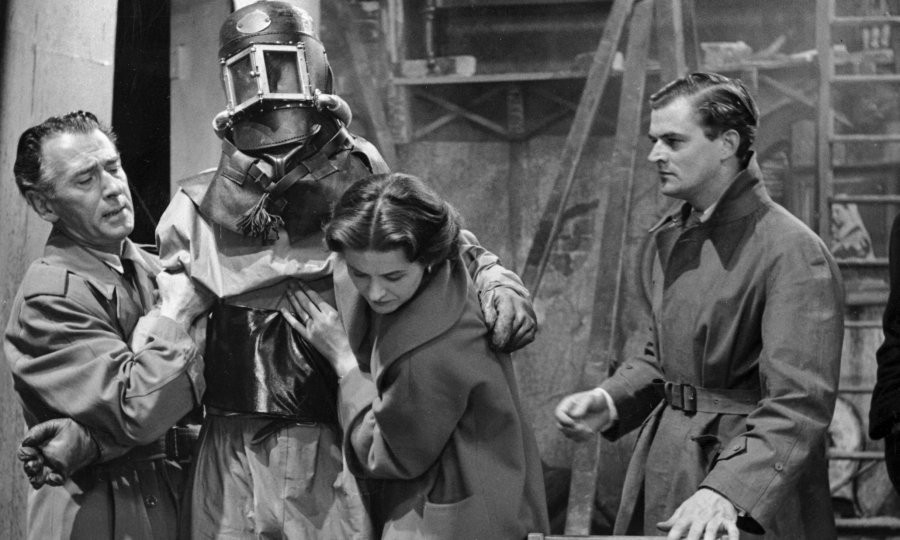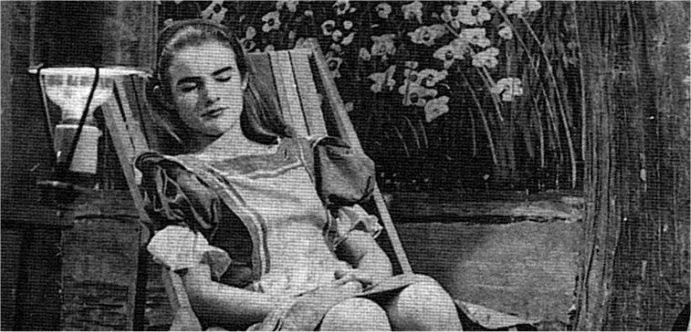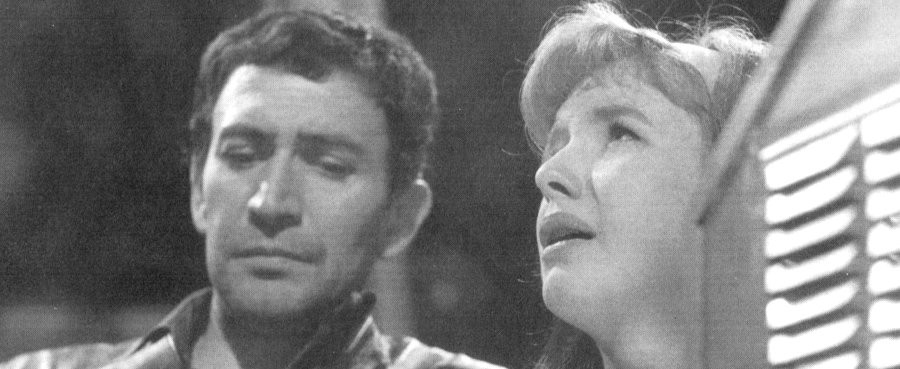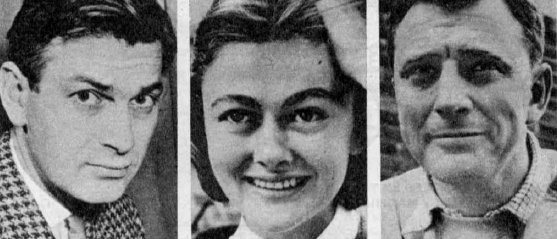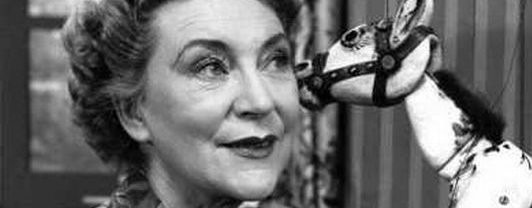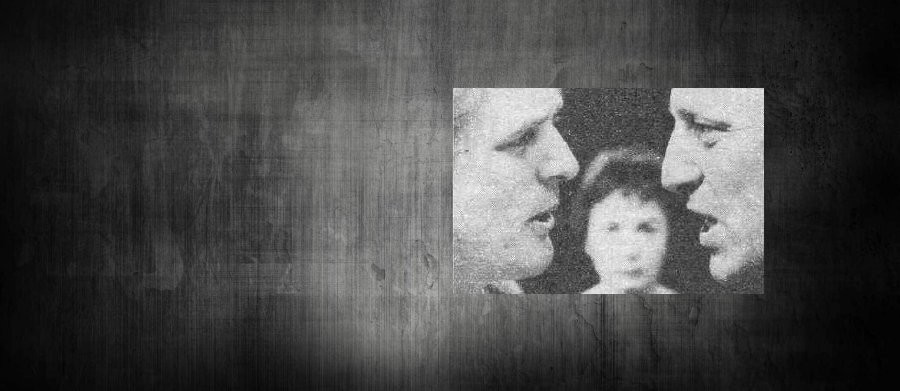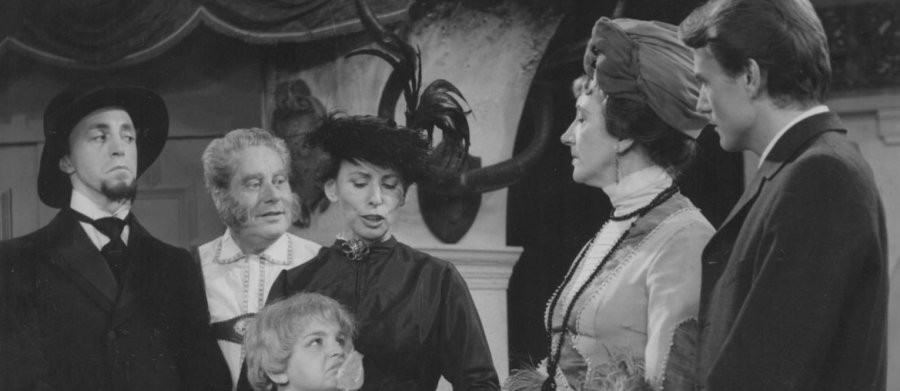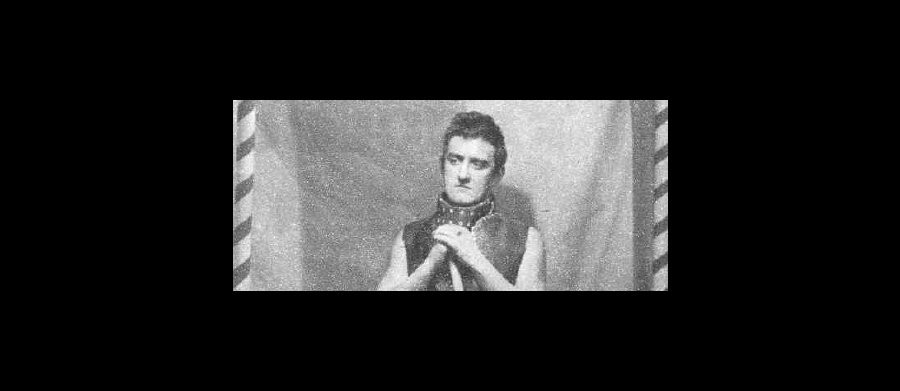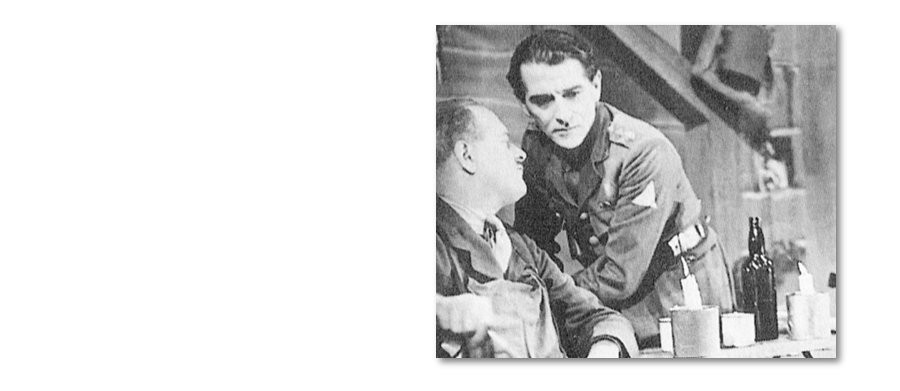
Journey's End
1937 - United KingdomAdapted from R.C. Sheriff's successful play, Journey's End is set against the background of life in the trenches during World War One and concentrates on a group of officers behind British lines at St. Quentin, France.
The characters live in a world of fear and disillusionment as they struggle to come to terms with the strain of each new attack order given from headquarters, while having to endure the German machine guns relentlessly sending out their messengers of death and destruction.
The tale concentrates on the once brave and exuberant Captain Stanhope now a mere shadow of his former self as he loses hope and sinks into desperation.
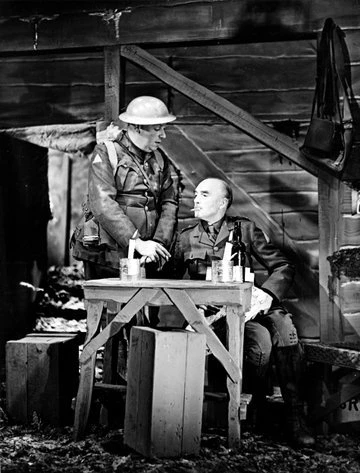
Broadcast in 1937 this was the first time that an entire evening's programming was given over to one play. George More O'Ferrall condensed the script without sacrificing continuity and rhythm. The play was broadcast, as all programming was in those days, live from Alexandra Palace but used filmed inserts from (reportedly) G.W. Pabst's 1930 feature film Westfront 1918, which seems odd as Journey's End was filmed the same year.
The film version starred Colin Clive and was directed by James Whale and just a year later director and actor teamed up once more for the classic Hollywood horror movie, Frankenstein.
This TV version starred Reginald Tate as Stanhope and was broadcast just once, on 11 November 1937.
Seen this show? How do you rate it?
Seen this show? How do you rate it?
Published on April 5th, 2020. Written by Laurence Marcus for Television Heaven.


